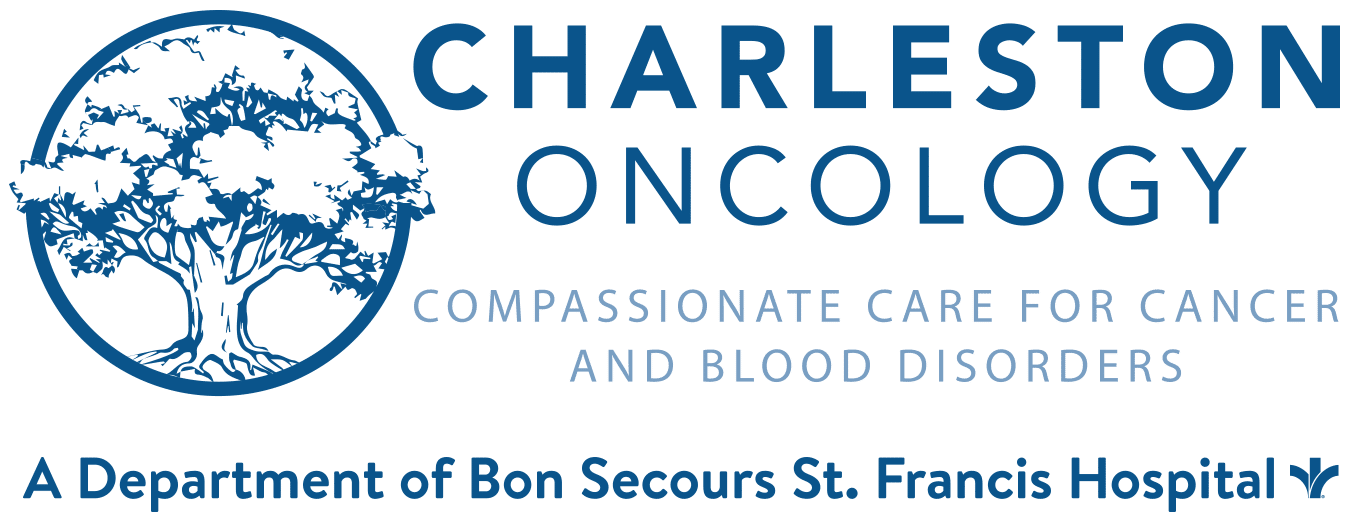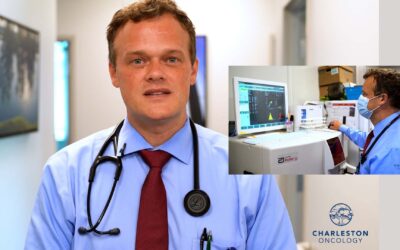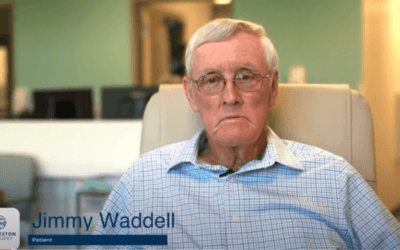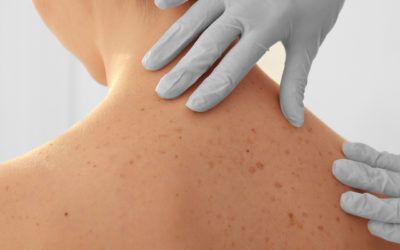Testicular Cancer
Testicular cancer is uncommon, affecting only one out of every 250 men in the United States, with just over 9,000 cases reported each year. That said, it’s the most common cancer diagnosis in American males between the ages of 15 and 35. The good news is that this type of cancer is highly treatable, especially with the right team. That team can be found at Charleston Oncology. To learn more, call to request an appointment.

Testicular Cancer Q & A
What are the main types of testicular cancer?
What are the signs of testicular cancer?
Testicular cancer is a tricky cancer to diagnose since other conditions cause many of its symptoms, such as injury or infection. Still, if you’re experiencing any of the following, it’s always a good idea to check for cancer because, as with most cancers, early detection is key.
- A mass in your testicle
- Pain in your groin, usually a dull ache
- Fluid buildup in your scrotum
- Back or abdominal pain
- Enlarged breasts (though this is rare)
If you have any of these symptoms, your doctor at Charleston Oncology investigates further using the following:
- Ultrasound
- Blood tests
If your doctor finds a suspicious lump, they may recommend removing your testicle to perform further testing. Because you have two testicles, the loss of one usually isn’t terribly serious and its impact not very significant.
How is testicular cancer treated?
As stated in the question above, surgical removal of your testicle is often the first step when it comes to testicular cancer. Depending upon the resulting biopsy of your testicle, your doctor may recommend follow-up treatment to ensure that your cancer is fully eradicated. These treatments include:
- Radiation
- Chemotherapy
- Stem cell transplant
Outside of these treatments, your doctor may recommend a clinical trial if one is available for testicular cancer.
For more information on testicular cancer, call Charleston Oncology to schedule a consultation.
Send UsA Message
A Grateful Patient’s Breast Cancer Journey
I am currently undergoing treatment for breast cancer at Roper St. Francis Hospital and would like to acknowledge two physicians who truly embody your mission of “healing with compassion, faith and excellence”.
National Cancer Survivor Month
Please join Charleston Oncology and the American Association for Cancer Research (AACR) in support of National Survivor Month, celebrating those who have fought the disease and those currently in treatment.
National Cancer Survivor Month
June is National Cancer Survivor Month and throughout the month we are honoring our brave patients and sharing their inspirational stories.
Melanoma Prevention and Awareness
May is Skin Cancer Awareness Month. Melanoma is a type of skin cancer that develops when melanocytes (the cells that give the skin its tan or brown color) start to grow out of control. Watch the video to learn more about melanoma from Charleston Oncology’s Dr. Charles S. Holladay.
Tips for Diagnosing Breast Cancer Early
Dr. Shelly Shand shares important tips for diagnosing breast cancer early and the latest advancements in breast cancer.
Staying Aware for Breast Cancer Awareness Month
Staying Aware for Breast Cancer Awareness monthCharleston Oncology is proud to sponsor Staying Aware for Breast Cancer Awareness month in conjunction with WCIV News Channel 4. We continue to partner with our community to ensure that every woman has the best chance of...






